What is the Most Direct Cause of Customer Loyalty? [2024]
Discover the key drivers of customer loyalty, from trust to personalization.
Discover the key drivers of customer loyalty, from trust to personalization.
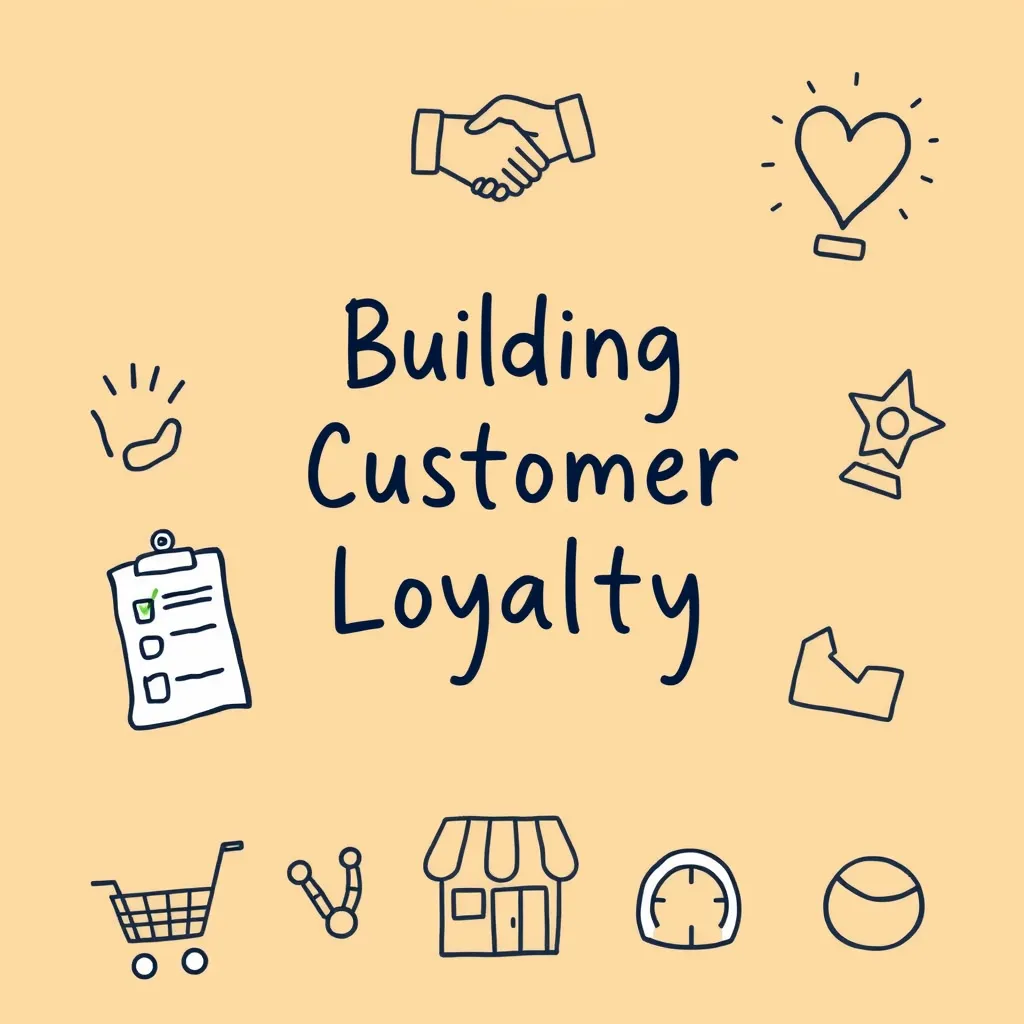
What is the most direct cause of customer loyalty? At first glance, the question seems simple, but is it really? Businesses have chased the answer for decades, often focusing on flashy marketing or big-budget loyalty programs. Yet, they often overlook the heart of the matter: What truly makes a customer come back, again and again, even when the competition is just a click away?
Loyalty isn’t just about convenience or discounts. It’s far more intricate—a relationship built on trust, emotional connection, and consistent value. Let’s dive deeper and find out the true meaning of customer loyalty.
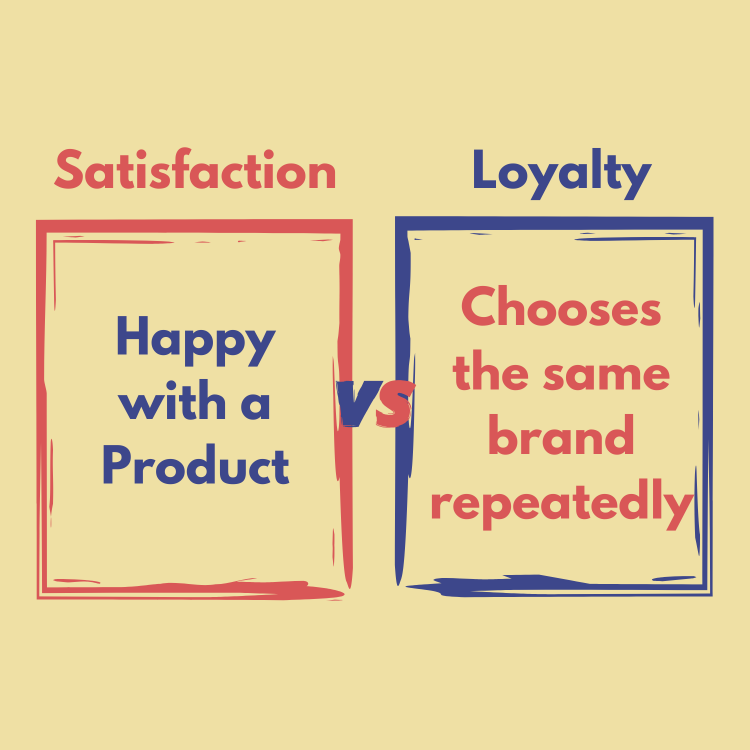
Customer loyalty. It’s a term we throw around often, but do we really understand it? It’s more than a customer returning to your store. Customer loyalty is “the tendency for a consumer to continue to buy or use a specific brand’s product or service.” But there’s an implicit depth here—one rooted in emotional ties and personal experiences.
Loyalty vs. Satisfaction: Satisfaction is temporary; loyalty is enduring. Satisfaction may get your customers to smile after a purchase. Loyalty, however, ensures they’ll return when they’re ready to buy again.
So, what makes loyalty so elusive?
The loyalty of customers to a business isn’t just a feel-good notion; it’s a lifeline. Think about it—loyal customers stick around, spend more, and tell others about your brand. But is this enough reason to obsess over loyalty?
Why Loyalty Matters:
Loyalty is more than just any other metric—it’s survival. And platforms like OneCart ensure businesses stay ahead by optimizing operations and focusing on building these invaluable relationships.
For additional strategies to maximize your retention efforts, check out Mastering Your Ecommerce Sales Funnel.
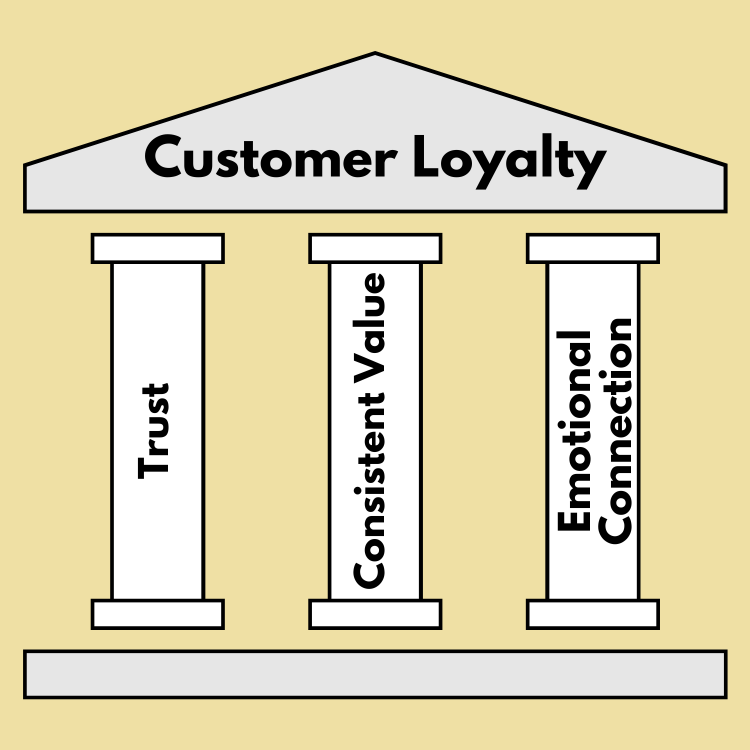
When you strip it all down, three pillars emerge as the bedrock of loyalty: trust, consistent value, and emotional connection. Let’s explore.
Can you imagine staying loyal to a brand you don’t trust? Of course not. Trust is the silent currency in any customer-business relationship. It’s not given freely, but rather, earned over time.
Learn how to safeguard against stockouts—a major cause of broken trust—here.
Customers are loyal to brands that add consistent value to their lives. Whether it’s through superior products, services, or experiences, value keeps them coming back.
If you’re wondering how to avoid overselling, which disrupts consistent value, see this guide.
Some brands go beyond transactions. Think about how you feel when you see the Nike swoosh or hear Apple’s iconic chime. These brands don’t just sell products—they create emotional bonds.
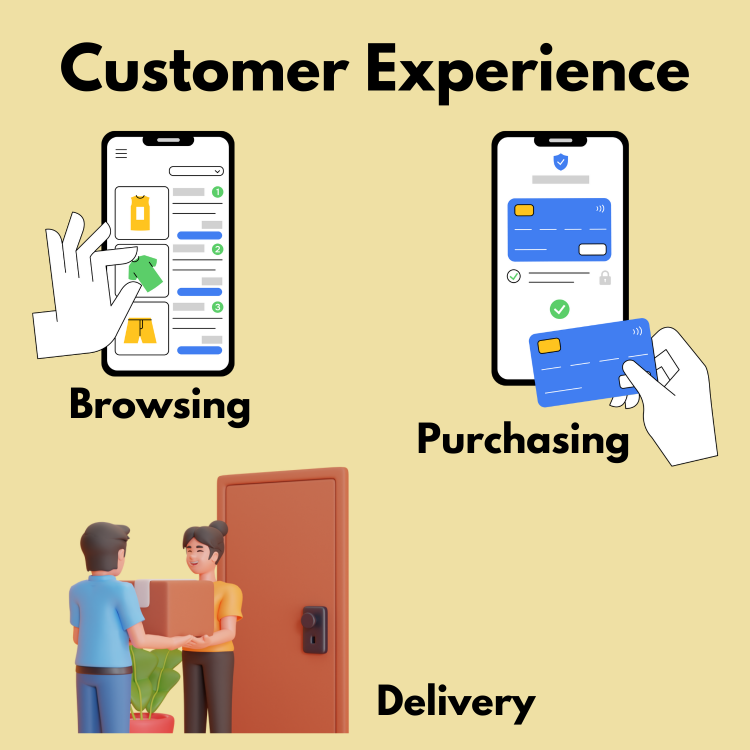
Have you ever abandoned a website because the checkout process was too complicated? That’s what poor customer experience does—it drives people away. On the flip side, a great experience can turn one-time buyers into lifelong advocates.
Learn more about multichannel ecommerce management to ensure a seamless customer journey.
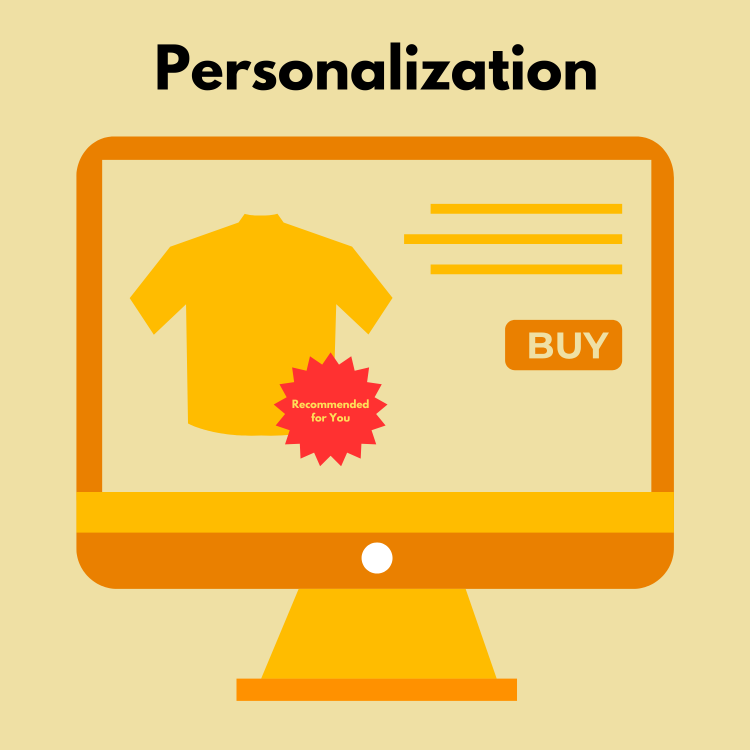
Would you return to a brand that doesn’t understand your preferences? Probably not. Personalization shows customers they’re valued and understood.
Barriers to loyalty exist, whether it’s inconsistent service, unresponsive support, or a lack of transparency. The good news? These challenges can be overcome.
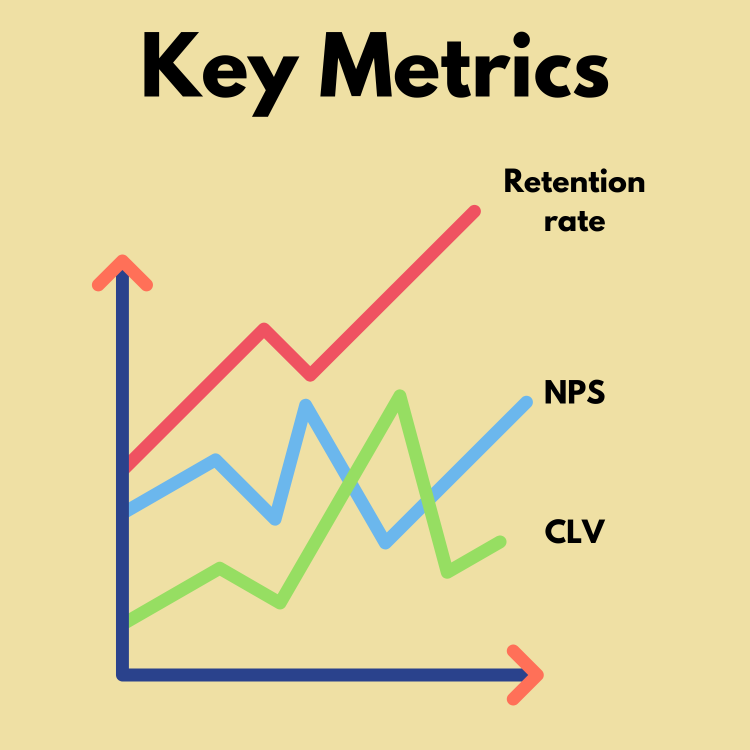
Can you improve what you can’t measure? Loyalty requires tracking and analysis. Metrics like retention rates, Net Promoter Scores (NPS), and Customer Lifetime Value (CLV) offer invaluable insights.
Key Metrics to Monitor:
– Retention Rate: Are your customers sticking around?
– NPS: Would your customers recommend you to others?
– CLV: What’s the long-term value of a single customer?
OneCart’s Tools: With streamlining efforts done by OneCart for inventory, orders, and listings, merchants can focus more on building customer loyalty through analysis of such metrics.
Trust, consistent value, and emotional connection are the key drivers.
Trust builds confidence in your brand. When customers feel secure and valued, they are more likely to stay loyal, even when competitors offer similar products or services.
Emotional connections come from shared values, personalized interactions, and consistently positive experiences. Brands that show they understand and care about their customers tend to build stronger loyalty.
No. While a great product is essential, loyalty also depends on factors like reliability, exceptional service, and how well a business meets the emotional needs of its customers.
Consistency reassures customers that they can rely on your brand for the same high-quality experience every time. It’s key to building both trust and long-term relationships.
Absolutely. Loyalty is driven by trust, emotional connections, and value—things any business can cultivate through personalized service and operational efficiency, with tools like OneCart to support them.
Metrics like retention rate, Net Promoter Score (NPS), and Customer Lifetime Value (CLV) can help businesses understand loyalty trends and identify areas for improvement.
Loyalty is never guaranteed. In today’s fast-paced world, customers have countless options at their fingertips. To earn their loyalty, businesses must provide real, tangible reasons to stay—trust that doesn’t falter, value that’s consistent, and connections that feel authentic.
Want to strengthen customer loyalty while streamlining your operations? Try OneCart today!
Automate & Scale Your Online Business with OneCart
Start a Free TrialUsed by hundreds of merchants in Singapore & Southeast Asia